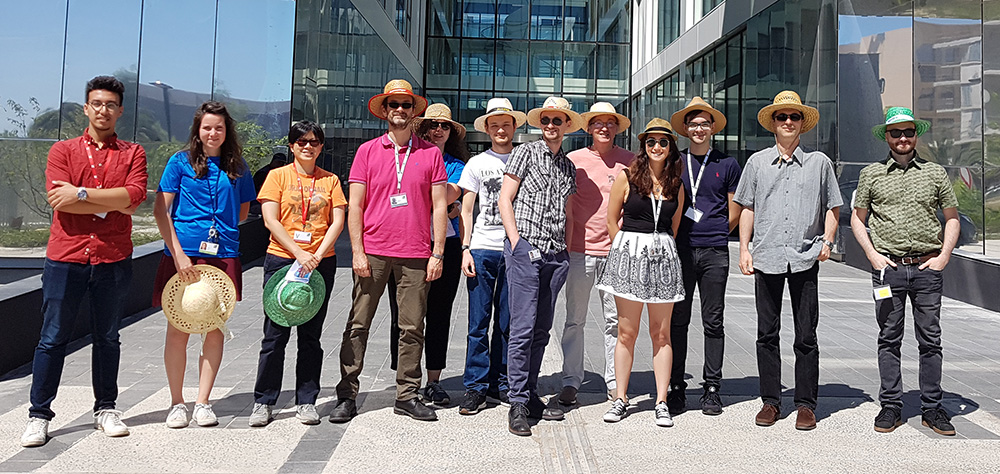Project Summary
Traditional agriculture in karst environments along the Adriatic coast (e.g. wine, olive oil) has always been challenging, due to limited water supply, harsh rocky soils, and seasonal droughts.
We research advanced sensor systems applied in smart agriculture, focusing on designing low-power, low-cost sensors for non-invasive detection of an early symptom of drought-induced water-stress - embolization of plant's water transport tissues. Such emerging sensor technology integrated in precision irrigation systems would increase food production efficiency, while decreasing the usage of precious water resources in karst. In addition, it is applicable in plant-physiological studies of drought, forestry and wood production.
State-of-the-art sensors for such purpose can only be designed and fabricated in microelectromechanical systems technology. Croatia houses very limited infrastructure for research on microelectromechanical systems. Primary goal of this project is to boost Croatian research and educational capacities in microelectromechanical systems technology, in the field of low-power sensor design.
Within this mobility-project, the post-doctoral researcher Dr. Oletić will spend 5 months, starting from July 2019, at the Centre de Nanosciences et de Nanotechnologies near Paris in France, hosted by Ass. Prof. Emile Martincic (department Microsystèmes et Nanobiofluidique). There, Dr. Oletić will receive training in the design, modelling, clean-room processes, fabrication and characterization of microelectromechanical devices.
Also, this visit serves a starting point for collaborative design of micromechanical resonator structures, used as building blocks for passive piezoelectric arrays of frequency-selective ultrasonic emissions sensors for detection of plant embolism. Collaboration with the research group of Prof. Ante Bilušić, from the University of Split, Faculty of Science, specialized in piezoelectric thin film materials will enable sustainability of the proposed research after the end of the visit.
Project Duration
The project duration is 6 months and 12 days, from May 22nd 2019 to December 3rd 2019.
Planned duration of the mobility is 5 months, from July 1st 2019 to November 30th 2019.
Project Team
- Dinko Oletić, Project Leader, Postdoctoral fellow, University of Zagreb, Faculty of Electrical Engineering and Computing
- Emile Martincic, Project co-leader @ host institution, Assistant professor, Centre de Nanosciences et de Nanotechnologies, Univ. Paris-Sud, Université Paris-Saclay, France
- Ante Bilušić, Collaborator, University of Split, Full professor, Faculty of Science (PMFST)
Acknowledgment
This research has been fully supported by Unity through Knowledge Fund under the Grant Agreement No 16/19.
Value of the project supported by the UKF is 64.000,00 HRK.

Contact
Dinko Oletic, PhD
University of Zagreb, Faculty of Electrical Engineering and Computing
FER-ZESOI, Unska 3, HR-10000 Zagreb, Croatia
tel: + 385 1 6129 536
e-mail: dinko (dot) oletic (at) fer (dot) hr



 Pristupačnost
Pristupačnost